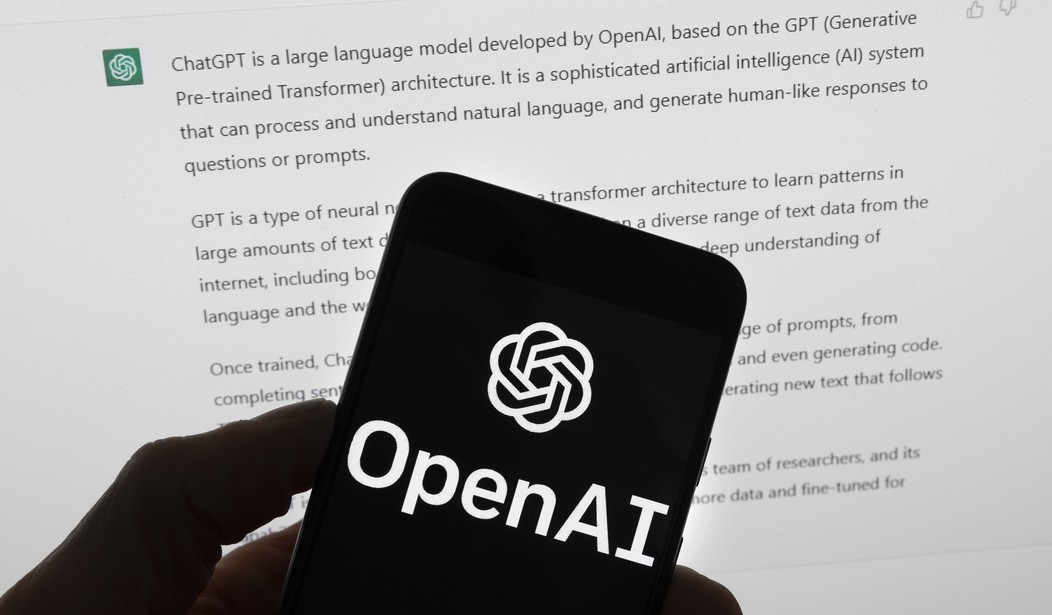In 2020, two professors and a group of students at Cornell University sent 32,398 emails and handwritten letters to 7,132 state legislators across the nation. The letters and emails took conservative and progressive positions on issues ranging from abortion to gun control. They seemingly claimed to be from the legislators' districts. But the communications were all generated by artificial intelligence.
In the study, conducted by professors Sarah Kreps and Douglas Kriner of Cornell, their students took pretend constituent letters generated by artificial intelligence and either rewrote those letters by hand or generated emails to legislators based on the AI work. I learned about the study from Daniel Linville. He is a member of the West Virginia House of Delegates, representing Cabell County (Huntington and Marshall University). He is the chair of the West Virginia House's Technology and Infrastructure Committee.
Rep. Linville and other members of the West Virginia legislature are victims of the study. I use the word "victim" intentionally. Like many state legislatures around the country, there are limited amounts of staff, often shared between legislators, who help with constituent work. Many state legislators are on their own, handling their day jobs, legislative duties and constituent work. The Cornell professors and students generated fake constituent work for state legislators across the country, but Linville tells me he still cannot get the professors to respond to his inquiries.
ChatGPT, the artificial intelligence application many are familiar with, uses a "large language model" or "LLM," pulling in large written tracts and using an algorithm to understand the syntax of the English language to be able to answer queries. A person can ask ChatGPT to write 1,000 words explaining the rules of football or write a poem in iambic pentameter of precisely 98 words. ChatGPT helpfully complies.
Recommended
Anyone can generate a letter with ChatGPT, asking it to write a letter for or against a particular cause. What the Cornell professors and students did was to take it a step further and pose as actual constituents of state legislators. When legislators received the letters, they did not know they were getting letters from Cornell University. The letters claimed to be from actual constituents. Notably, the study found a statistically significant rate at which legislators responded less to AI-generated content than actual human-generated content. But Linville has substantive questions he cannot get answered about, among other things, faking constituents.
Grassroots activists often write handwritten letters. They get more notice and a stronger reception by legislators because people took the time to write. As Linville noted, when a constituent takes the time to write a letter, a legislator tends to take the time to respond. But, in this case, the constituents were fake and, after the revelation of what happened, the professors have not been as accessible to the legislators as they tried to get the legislators to be for them.
There probably does need to be a law on this to disincentivize activist groups from using artificial intelligence to generate letters from fake constituents. On my radio show, I help politically minded people connect to their legislators on key issues. I will draft emails or provide talking points, but actual constituents of legislators must take action to actually send the messages. They must provide their real information and only their legislators can be contacted.
It is far different to not only have artificial intelligence rapidly generate emails that each sound unique, but to also generate fake addresses and constituent names to pretend to be in a legislator's district. Combine that with current technology that can print what appears to be handwritten notes, and state legislators, many of whom are paid little and have full-time jobs outside government, are going to rapidly be overwhelmed.
Linville has sought answers from Kreps but has been unable to get a response. Many legislators undoubtedly have no idea they were being played by a group at Cornell. Linville and others devoted time to deal with the fake constituents. It would probably be helpful if Kreps could make time for the West Virginia House's Technology and Infrastructure Committee chairman.

























Join the conversation as a VIP Member